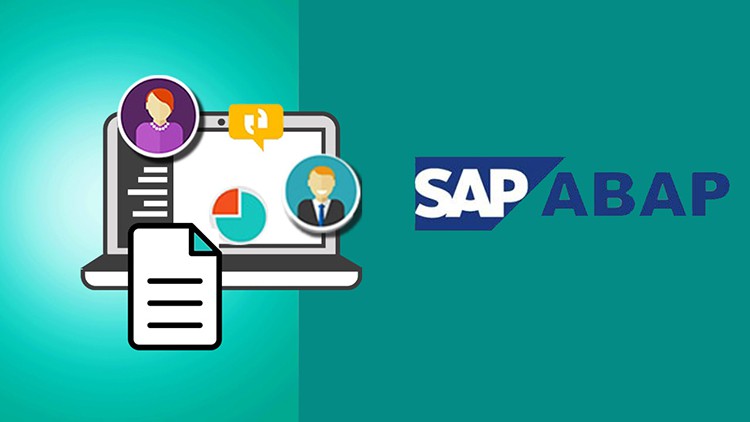
Introduction
SAP ABAP (Advanced Business Application Programming) is a core programming language for developing business applications in SAP systems. It enables developers to create custom functionalities such as reports, interfaces, and forms, while seamlessly integrating with SAP’s enterprise modules like FICO and MM. ABAP supports both procedural and object-oriented programming, offering flexibility and powerful tools for database management, debugging, and performance optimization, making it essential for tailoring SAP solutions to specific business needs. The SAP ABAP Training course is designed for aspiring professionals and ensures the best guidance.
What Is SAP ABAP?
SAP ABAP (Advanced Business Application Programming) is a high-level programming language developed by SAP for building business applications in the SAP environment. It is used to create custom reports, interfaces, forms, and data conversion programs within SAP ERP systems.
ABAP is the primary language for developing applications on the SAP NetWeaver Application Server, which powers the SAP R/3 system and later versions like SAP S/4HANA. It enables developers to write programs that interact with the SAP database, manage business logic, and integrate with SAP’s enterprise modules (such as SAP FICO, SAP MM, etc.).
ABAP supports both procedural and object-oriented programming paradigms, offering flexibility to developers. It includes robust database handling capabilities and comes with powerful tools for debugging, performance tuning, and testing.
ABAP is essential for customizing SAP applications to meet specific business requirements and is widely used by companies running SAP solutions.
Types Of Function Modules In SAP ABAP
In SAP ABAP, function modules are reusable procedures that encapsulate a particular functionality, allowing you to call them from any program or even other systems. They are a key component of the ABAP runtime environment and are typically managed within a function group. There are different types of function modules based on their usage and specific features.
Here are the main types:
- Normal Function Modules
These are the standard function modules that perform routine operations. They are reusable, and any program can call them within the same system. These function modules are often used for modularizing code and avoiding redundancy. They are defined in SE37 (Function Builder) and can handle parameters, exceptions, and tables.
- Remote-Enabled Function Modules (RFC)
Remote Function Modules (RFCs) are designed to be called from a remote system. They support communication between SAP systems or between SAP and non-SAP systems. This is useful for distributed applications. RFCs can either be synchronous or asynchronous, depending on the requirement. The defining feature of an RFC function module is that it must be flagged as “Remote-enabled” during creation.
- Update Function Modules (UFM)
Update function modules are designed to handle database changes. They execute a special update task that ensures the consistency of database operations. These are typically used when a program wants to separate transactional logic from the actual update to the database. UFMs ensure that the updates only occur if the preceding processes are completed successfully. The SAP ABAP Certification training ensures the best skill development for aspiring professionals.
- Background Function Modules
These are used for executing long-running processes in the background. They are often scheduled to run at a later time or when system resources are more available. They ensure that foreground processes are not disrupted by intensive computations.
These function modules provide flexibility for various tasks, from routine processes to complex system integration scenarios.
Conclusion
In summary, SAP ABAP is a versatile programming language used for developing and customizing business applications in the SAP ecosystem. With its support for both procedural and object-oriented paradigms, it enables efficient handling of business logic, database interactions, and system integration within SAP environments.





